Expert Auto Brake Solutions in Massillon, OH
Ohio Brake and Lube's commitment to providing swift and cost-effective brake maintenance and repair solutions underscores our dedication to customer safety and satisfaction in Massillon. Encouraging customers to contact us or visit our location for a comprehensive vehicle inspection and affordable recommendations demonstrates our proactive approach to ensuring optimal vehicle performance. By prioritizing safety and offering efficient brake repairs, we aim to provide peace of mind to drivers in the area. Our readiness to address any doubts or concerns about brakes further emphasizes our commitment to customer safety and satisfaction. If you're in need of brake services, Ohio Brake and Lube is a reliable choice for quality and efficiency.
Comprehensive Auto Brake Services
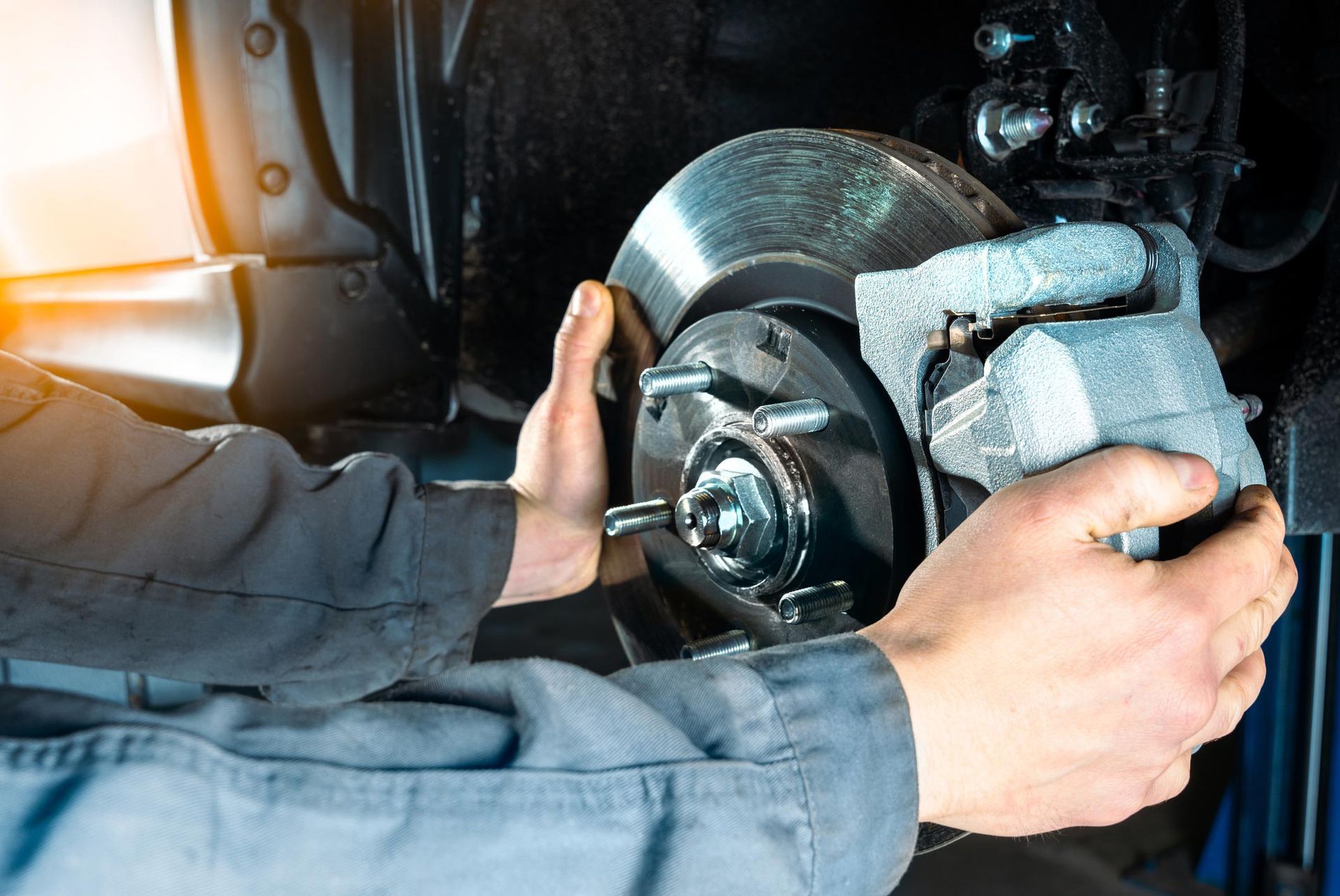
Anti-Lock Brake System
When the Anti-lock Brake System (ABS) light illuminates, it's essential to address the issue promptly to maintain optimal braking performance and safety. Ohio Brake and Lube's offer to diagnose and repair ABS issues demonstrates their commitment to ensuring that customers' vehicles operate safely on the roads of Massillon. By addressing ABS problems professionally, it helps prevent skidding and maintain better control during braking, enhancing overall driving safety. Customers can trust Ohio Brake and Lube to provide expert diagnosis and repair services to keep their ABS functioning correctly and their vehicles operating safely.
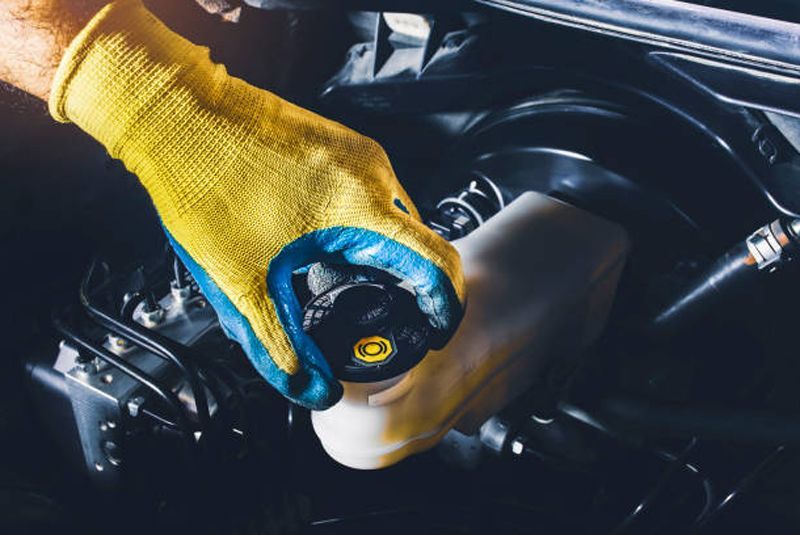
Brake Fluid Flushes
Ohio Brake and Lube provides essential information about brake maintenance, highlighting the importance of regular brake fluid flushes and the signs indicating the need for brake hose and pad replacement. Brake fluid flushes are crucial to maintain brake effectiveness and prevent corrosion within the braking system, and our technicians can advise on the optimal timing for this service. Additionally, we emphasize the significance of brake hose integrity, as any damage can compromise braking performance and safety. Likewise, we alert customers to common indicators of brake pad issues, such as squealing or grinding noises, and stress the importance of timely professional consultation to address these concerns. Overall, Ohio Brake and Lube's comprehensive approach to brake maintenance helps ensure the safety and reliability of vehicles in Massillon.
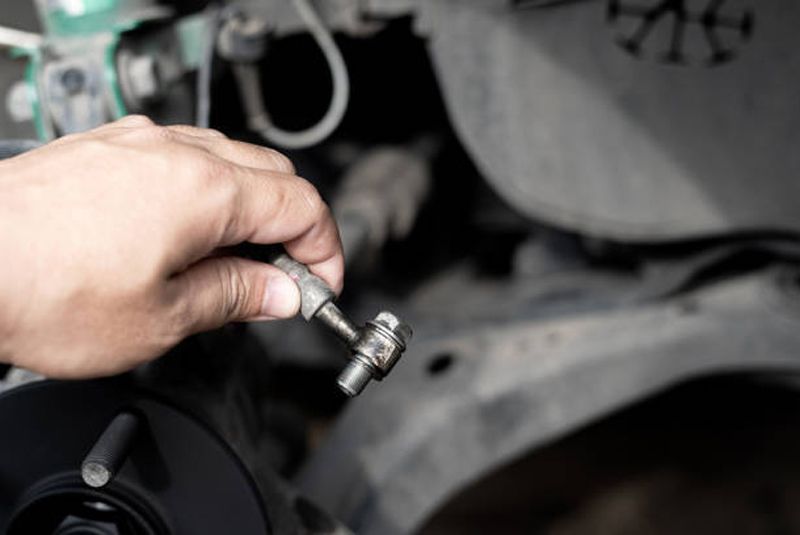
Brake Hoses
The brake hose plays a critical role in the braking system by transporting pressurized brake fluid from the master cylinder to the brakes. Any damage to the hose, such as cracking or wear, can compromise brake performance and safety. Even though the need for replacement brake hoses may not be common, it's crucial to address any signs of damage promptly to prevent issues like delayed or weak braking, or even brake failure. By replacing damaged brake hoses immediately, drivers can ensure that their braking system remains reliable and effective, enhancing overall safety on the road.
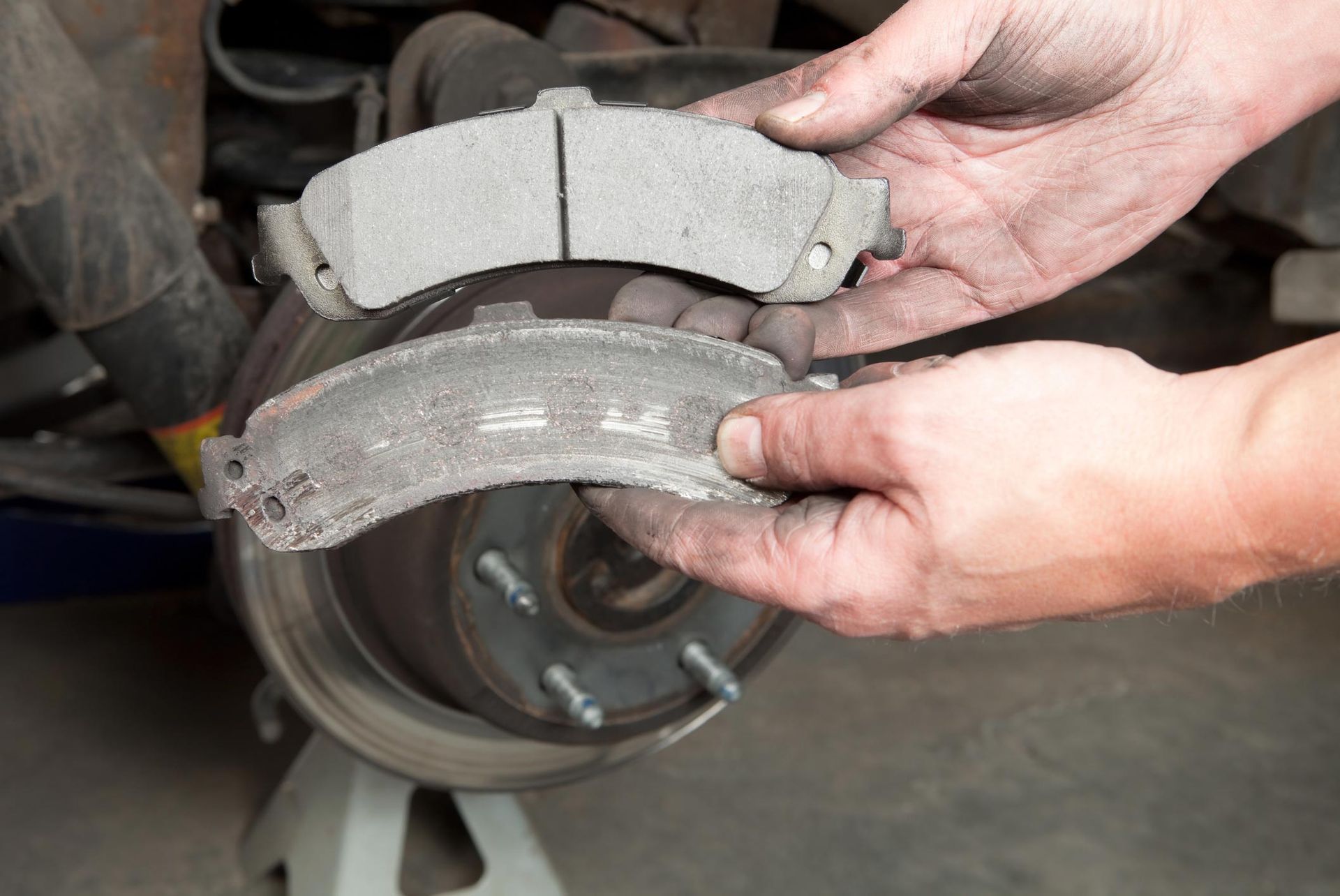
Brake Pad and Shoe Replacement
Squealing brakes are often an indicator of brake pad issues, typically signaling that the pads have worn down and are in need of replacement. Ignoring these warning signs can lead to further damage, potentially causing the brake pads to deteriorate completely and result in a harsh metal-on-metal grinding noise during braking. This grinding noise suggests that the brake pads have worn down completely, causing the metal backing plate to come into direct contact with the rotor or drum, leading to potential damage to these components. While some experienced individuals may attempt home repairs, it's crucial to recognize that brake systems are complex and vital for vehicle safety. Therefore, any concerns related to brakes should prompt immediate consultation with an auto repair professional. By seeking prompt assistance from a qualified technician, drivers can ensure that their brake issues are addressed effectively and that their vehicle remains safe and roadworthy.
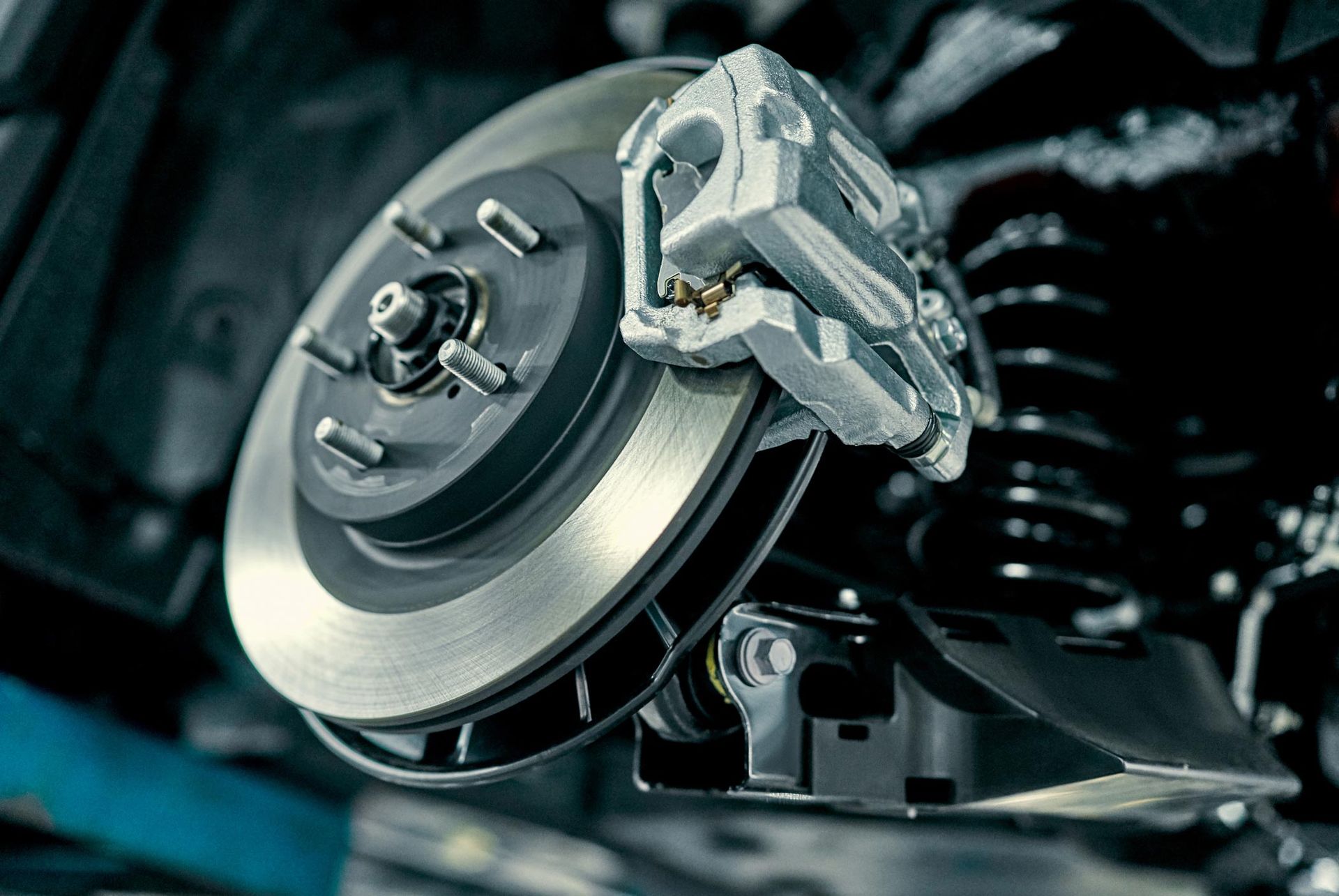
Caliper Replacement
The brake caliper is a critical component of the braking system, as it houses the brake pads and applies pressure to the rotor to facilitate braking. Any issues with the caliper can result in uneven braking, potentially leading to skidding during braking and compromising control, especially in adverse weather conditions.
If drivers in Massillon experience any signs of caliper problems, such as uneven braking or loss of control, it's crucial to contact Ohio Brake and Lube promptly for assistance. Our team of experts can diagnose and address caliper issues effectively, ensuring that the braking system operates reliably and safely. By seeking assistance from professionals like Ohio Brake and Lube, drivers can maintain confidence in their vehicle's braking performance and overall safety on the road.
Frequently Asked Questions
Why Do My Brakes Make a Grinding Noise?
- Worn brake pads: As brake pads wear down, the metallic components of the pads and rotor clash together when the brakes are applied, creating a grinding or squeaking noise.
- Damaged rotor: A warped or rusted rotor can cause grinding, sometimes accompanied by a pulsating brake pedal.
- Damaged shims: These small plastic or metal pieces act as a buffer between the brake pads and rotors, and can cause grinding if they become damaged.
- Low brake fluid: When brake fluid is low, the brake pads may wear unevenly, causing grinding, squealing, or squeaking when the brakes are applied.
- Lack of lubrication: A lack of lubrication in the braking system can cause grinding.
Why Do My Brakes Make a Squeaking Noise?
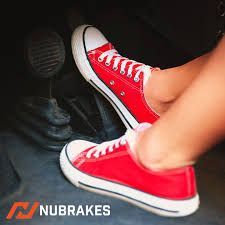
- Worn brake pads: As brake pads wear down from friction against the rotors, they can grind against each other and make loud noises.
- Thinning brake pads: Disc brakes have wear indicators, which are small steel tabs that poke through when the pads start to thin.
- Lack of lubrication: Drum brakes can squeak if the touchpoints between the drum and shoes aren't lubricated, causing the shoes to scrape against the backing scale.
- Brake glazing: Too much heat and pressure can cause brake pads to harden and glaze, which can make them squeak when braking. Glazing can also reduce the friction needed for effective braking.
- Metal: When metal wear indicators on brake pads touch metal rotors, they can squeak.
- Moisture: Rain, condensation, or dew on the rotors can cause squeaking, and sometimes create a thin layer of rust. When brake pads are pushed against rusted rotors, they can squeak.
- Aggressive braking: Your personal braking style can also cause squealing.
Why Do My Brakes Have A Burning Smell?
Worn-out Brake Pads: Brake pads naturally wear down over time due to the friction involved in braking. If they're excessively worn out, the metal backing plate of the brake pad might come into contact with the metal rotor, leading to metal-on-metal friction, overheating, and subsequently a burning smell.
Why Do My Brakes Vibrate?
- Brake pads: Worn brake pads can cause vibrations or grinding, and can potentially damage or ruin the rotors. New brake pads that haven't been properly broken in after replacement can also cause brake shudder.
- Brake rotors: Damaged brake rotors can cause vibrations that are felt in the cabin or at the brake pedal. Warped rotors can be caused by severe braking for long periods of time, such as when driving down a steep hill or towing something heavy.
- Tires: Unbalanced or defective tires, or uneven tire wear, can cause vibrations that are felt through the steering wheel or seat.
- Suspension: A failing suspension can't dampen the normal impacts a car experiences as well, which can cause vibrations.
- Wheel bearing: A failing wheel bearing can cause vibrations when the brakes are applied. Lubricated wheel bearings inside the hub allow the tires and wheels to spin freely without generating too much heat.
How Do I Know if My Car Is Leaking Brake Fluid and if So What Do I Do?
- Brake pedal: If the brake pedal feels spongy or sinks toward the floor when you press on it, it could be a sign of a leak.
- Brake warning light: If the brake warning light on your dashboard is illuminated, it could be due to a leak.
- Fluid puddles: When you park your car, look for puddles of yellow or brown fluid underneath it. Brake fluid is similar to vegetable oil in consistency and is usually light yellow when new, but can darken with age.
- Fluid trails: Check the ground around the master cylinder, brake lines, rotors, and drums for trails of brake fluid.
- Rushing water: If you hear a rushing water sound when you brake, it could be a sign of a leak.
- Calipers: Check the body of the calipers for moisture that looks like water, which could indicate a leak.
Why Does My Dashboard Brake Light Come On?
- Low brake fluid: This can be due to a leak or normal wear and tear.
- Worn brake pads: The light may come on as a warning that your brake pads need to be replaced.
- Parking brake engaged: The light may come on if you try to drive the car before fully disengaging the parking brake.
- ABS malfunction: The anti-lock braking system (ABS) warning light may come on if there's an electrical fault or a dirty wheel speed sensor. If the light comes on briefly and then turns off, it could be the system performing a self-check.
- Defective sensors: The braking system has several sensors that may come on and off due to an electrical malfunction.
- Brake light bulbs: If even one bulb burns out, the car's computer may recognize the change in the circuit and turn on the brake light.
What are 3 Signs that My Brake Pads are Worn?
- Squeaking Brakes.
- Grinding Brakes.
- Vibration When Braking.
What Are The 30-30-30 Rule For Brakes?
Brake specialists advise initiating new brake pads by using a 30-30-30 method: Perform 30 gradual stops from 30 mph, allowing 30 seconds between each stop for the brakes to cool. This process protects against excessive heat buildup until the resins in the pads have completely cured.
What Percentage of the Brake Pad Life is 3MM?
It is difficult to determine the exact percentage of wear when the brake pads have 3mm remaining, as it can vary depending on the vehicle and brake pad type. Some sources suggest that 3mm remaining thickness is approximately 50% worn
What Are 3 Types of Brake Pads?
- Organic: Typically made from organic materials like rubber, glass, fiber, and Kevlar, these pads are quiet but can wear down quickly and produce a lot of dust. They're often used for street driving and come standard on many cars.
- Semi-metallic: Made from a compound of 30–70% metal, including copper, iron, steel, and graphite lubricant, these pads are more affordable than ceramic pads but can be noisy and produce more dust. They offer good stopping power and are a good choice for high-performance sports cars, track racing, extreme weather, mountain areas, and aggressive braking.
- Ceramic: Made from a material similar to pottery and plates, these pads are denser and more durable than organic pads, and contain copper fibers to increase friction and heat conductivity. They're quieter and produce less dust than organic and semi-metallic pads, but are generally more expensive. They're a good choice for urban commuting, less aggressive braking, and clean wheels.
Why Does My Car Pull to One Side When I Brake?
Pulling to one side is often related to problems with tires. These can include uneven tread wear, a tire that's been incorrectly fitted, or a tire that is under inflated. Fitting a new tire can also lead to problems: if you only fit one it can have a deeper tread and different tread pattern than the others.
If you're experiencing issues with your brakes, don't wait - contact the experts at Ohio Brake and Lube LLC in Massillon, Ohio, today. Contact us today at (330) 833-2075 to learn more about our services or to schedule an appointment.
